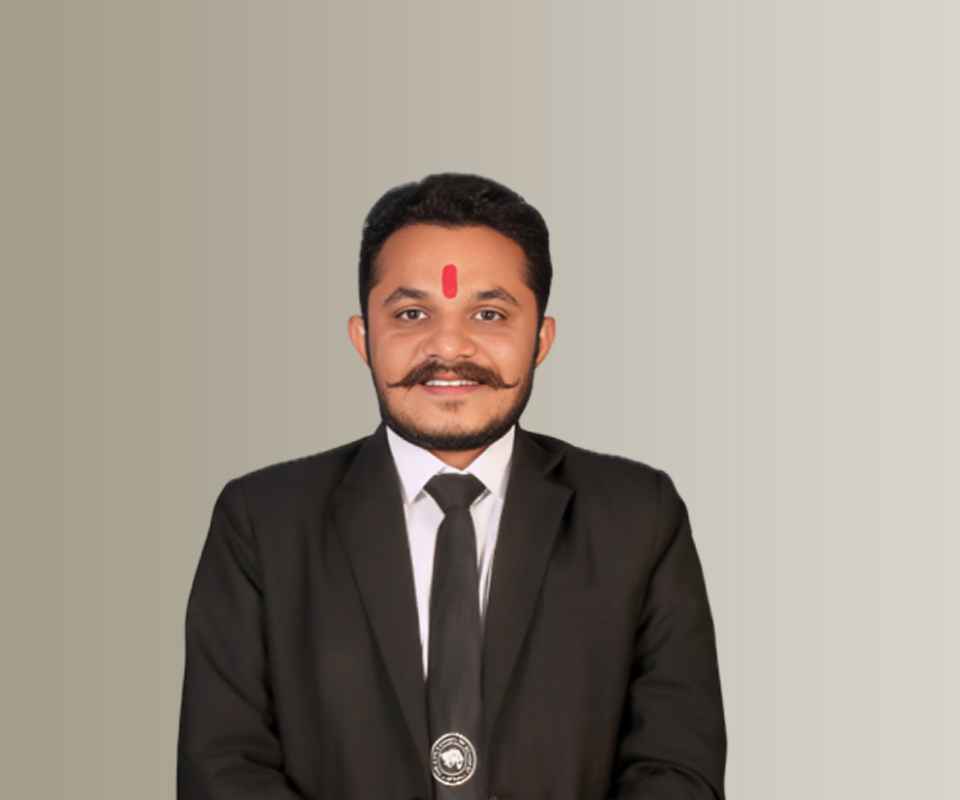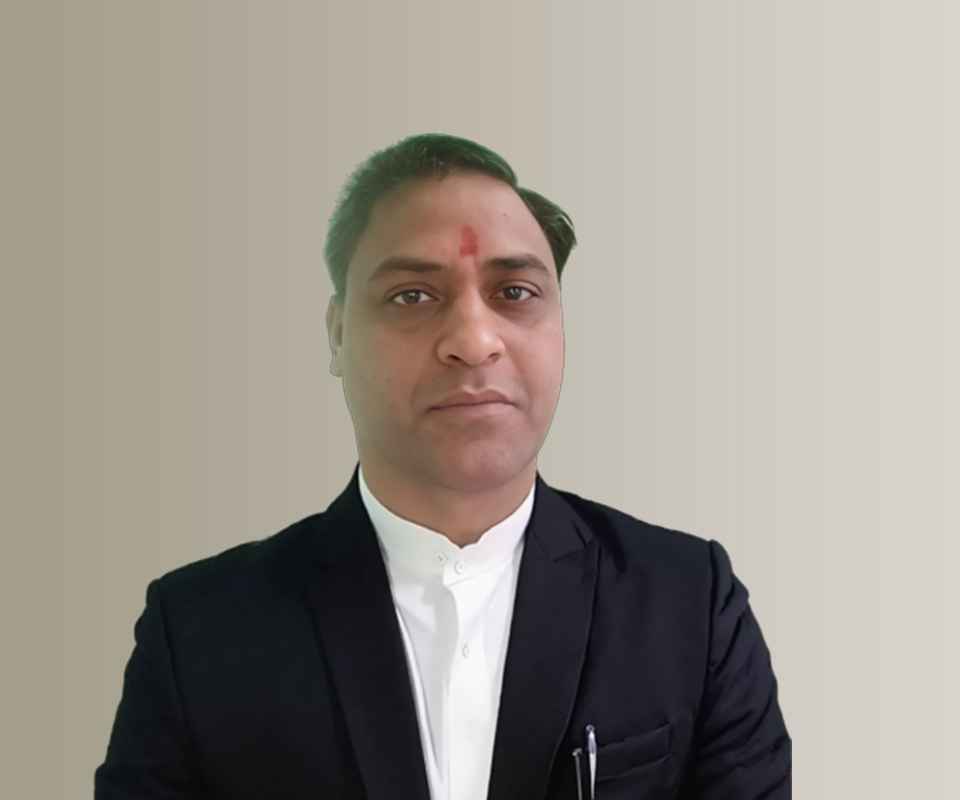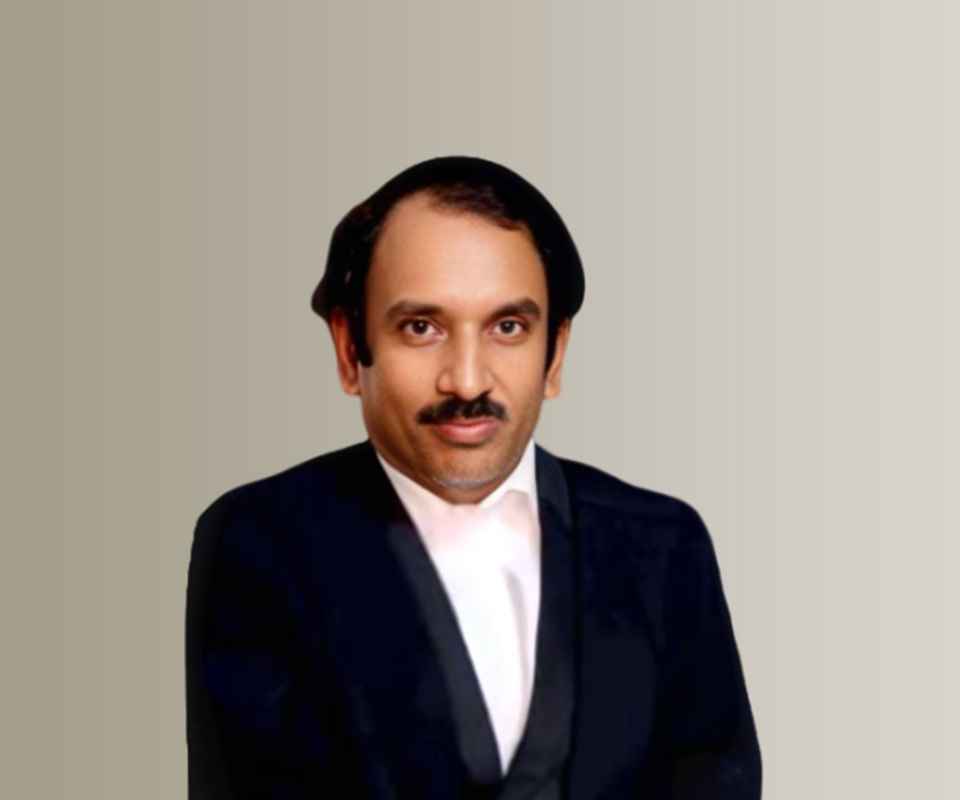Answer By law4u team
In India, when a person dies and leaves behind a will, it must go through a legal process known as probate before the executor is allowed to distribute the deceased's estate. The probate process is a judicial procedure by which the court validates the will, confirms its authenticity, and officially recognizes the executor's role in executing the will. This ensures that the deceased's wishes are honored and followed in the distribution of their assets. The process of obtaining a probate in India is governed by the Indian Succession Act, 1925.
The Process of Probate in India
Filing a Probate Petition
The probate process begins when the executor (named in the will) or any interested person (usually a legal heir or beneficiary) files a probate petition in the appropriate court. The petition must be filed in the District Court that has jurisdiction over the area where the deceased lived or where the property is situated. The petitioner must submit:
- The original will of the deceased.
- A death certificate of the deceased.
- A list of the legal heirs of the deceased.
- Any other documents that the court may request.
Example: Mr. A’s son, who is named as the executor in his will, files a probate petition in the court in his city, submitting the original will and Mr. A’s death certificate.
Court Verification of the Will
Once the probate petition is filed, the court will examine the will to verify its authenticity. The court will ensure that the will was executed according to the legal formalities specified in the Indian Succession Act. This includes checking for:
- The testator's signature (or a mark, if the testator is unable to sign).
- The signatures of at least two witnesses who were present at the time of the execution of the will.
- The testator's mental capacity at the time of signing the will.
Example: The court checks if Mr. A’s will is signed by him and witnessed by two individuals, confirming that the will was executed properly.
Notice to Heirs and Interested Parties
After filing the petition, the court issues a public notice in a local newspaper to inform all potential heirs and interested parties about the probate proceedings. This notice allows anyone who believes they have a claim on the deceased’s estate (such as another will, or a legal heir) to object to the probate application within a specific period.
Example: The court publishes a notice regarding Mr. A’s probate application, allowing any family members or other claimants to contest the will if they believe they are entitled to a share of the estate.
Objections and Contesting the Will
If there are any objections to the will, the court will consider them. Objections can be raised by anyone who has a legitimate interest in the deceased’s estate, such as an heir who was excluded from the will or someone who believes the will is invalid due to factors like undue influence, fraud, or lack of mental capacity of the testator at the time of execution. The court will conduct hearings and investigate the matter thoroughly.
Example: If Mr. A’s daughter believes that her father’s will was signed under pressure from another relative, she may file an objection, and the court will investigate the matter.
Granting of Probate
If the court is satisfied that the will is valid and no objections are raised, or if the objections are resolved, the court will grant probate to the executor named in the will. The probate order gives the executor the legal authority to administer the deceased’s estate, pay debts, and distribute the assets to the beneficiaries according to the terms of the will.
Example: After verifying the authenticity of the will and resolving any objections, the court grants probate to Mr. A’s son, allowing him to manage and distribute his father’s estate.
Estate Administration
Once probate is granted, the executor is legally empowered to begin the administration of the estate. This includes:
- Collecting the deceased’s assets.
- Paying any outstanding debts, taxes, and liabilities of the estate.
- Distributing the remaining assets to the beneficiaries as per the will.
Example: Mr. A’s son, as the executor, collects the property, pays the deceased’s outstanding bills, and then transfers the properties to the designated beneficiaries.
Final Settlement and Closing of Estate
After distributing the assets, the executor must provide a final accounting to the beneficiaries, showing how the estate has been administered. Once all tasks are complete and the beneficiaries are satisfied, the estate is considered settled, and the probate process is concluded.
Example: After distributing Mr. A’s assets, the executor provides a final report to the beneficiaries, confirming that all debts were paid and assets were distributed as per the will.
Example
Case 1:
Mr. B passes away, leaving behind a will. His daughter, named as the executor, files a probate petition in court along with the original will and death certificate. The court verifies the will, publishes a notice for objections, and, upon receiving no objections, grants probate to the daughter. The daughter then administers the estate by settling debts and distributing the assets according to the will.
Case 2:
Ms. C dies, leaving a will that divides her property among her children. However, one of the children contests the will, claiming it was made under undue influence. The court investigates the objection and, after hearing the evidence, decides to grant probate, allowing the remaining children to administer the estate.
Conclusion
The probate process in India ensures that the last will of a deceased person is legally validated, and their estate is distributed according to their wishes. The process involves filing a probate petition, court verification of the will, notifying potential heirs, addressing any objections, and granting probate to the executor. Once probate is granted, the executor is legally empowered to manage the estate, settle debts, and distribute assets to beneficiaries. It is essential that the process is followed carefully to ensure the proper administration of the estate and avoid potential legal disputes.







